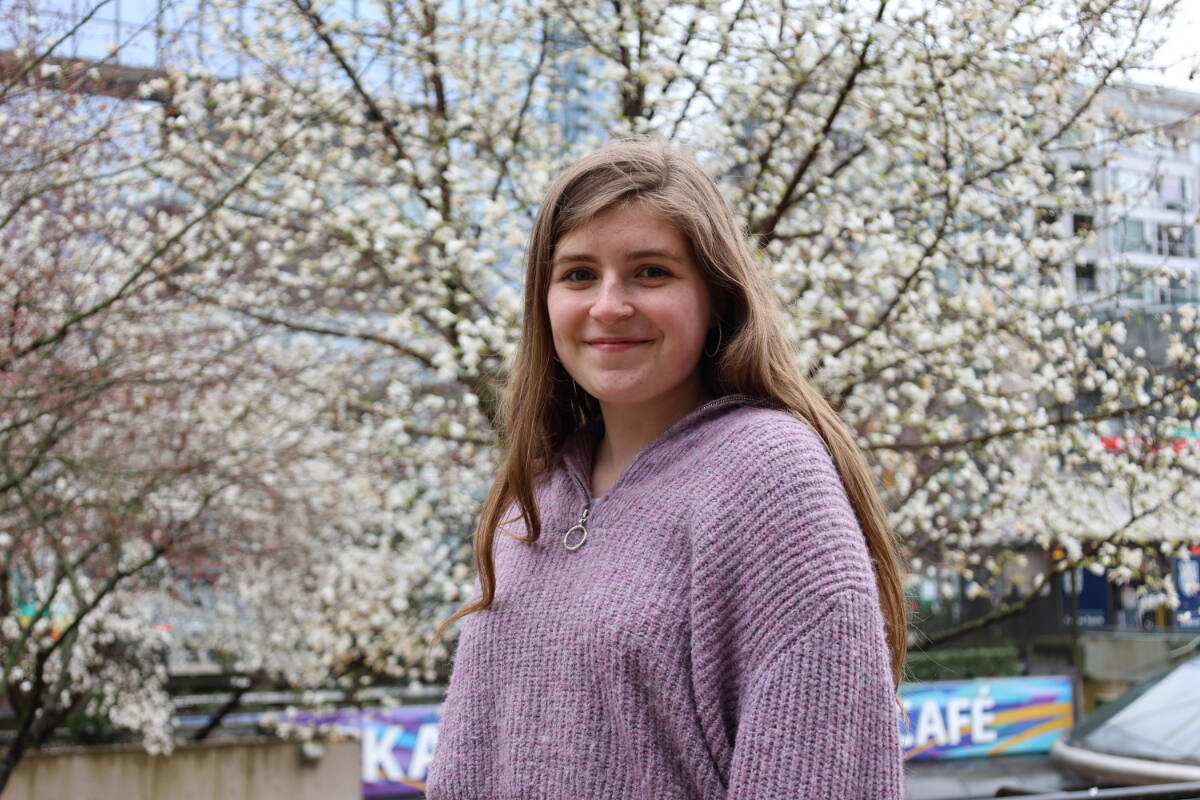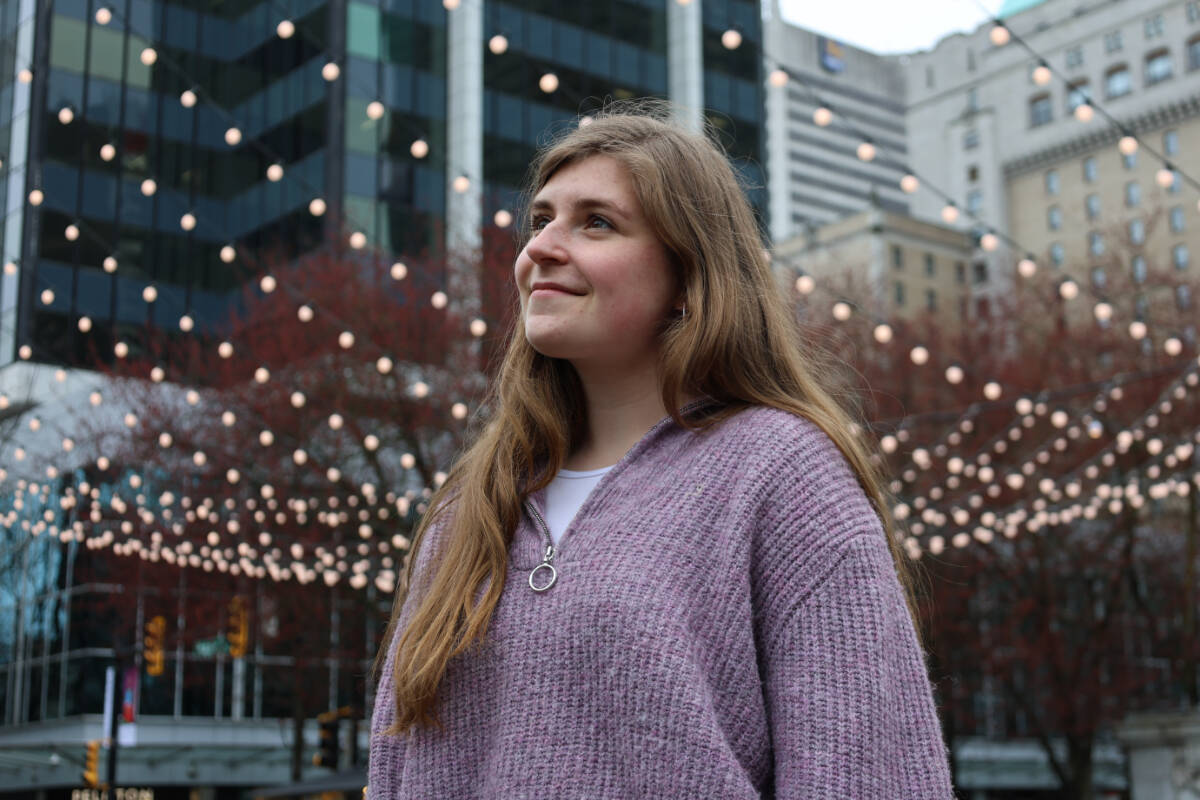The night before the emergency sirens went off, signalling Russia’s invasion of Ukraine, Victoria was living out her childhood dream in Lviv.
It was a time of many firsts – her first Christmas away from home, and her first time exploring her newfound independence as an 18-year-old university student in a brand-new city.
“Ever since I escaped from Ukraine, these last couple of years have been a blur. But I remember the night before the attack in vivid detail,” Victoria says.
“My friends and I were walking back to our dorm from Tango classes. It was raining hard, but we didn’t care. I can still see the bright streetlights and beautiful architecture of Lviv. I can still feel the raindrops on my skin from that night. I can still hear the laughter of my friends. I just remember feeling so happy.”
Victoria was woken up at 4:30 a.m. by screeching sirens, a sound that seemed to echo louder still in the twilight hours of the streets of Lviv.
In the immediate aftermath of Russia’s attack, Victoria was on autopilot, volunteering in bomb shelters and soup kitchens. When it became apparent that the invasion was only getting deadlier, she knew she had to escape.
“Major airports and train stations were being attacked, so I spent whatever money I had left on a taxi and asked him to take me out of the city, towards the Polish border,” Victoria says.
“But the taxi ended up dropping me in the middle of nowhere because the roads were jammed with abandoned cars, ambulances and service equipment.”
In the middle of the night, with nothing but a highway sign above her head marking the start of a long journey to the Polish border, Victoria began her grueling walk towards freedom.
“I lost all concept of time. I must have walked for several hours. I slept at empty gas stations. I was starving and exhausted. I felt like I was going to die any moment,” she shares.
Victoria’s sheer resilience and determination to survive allowed her to complete a journey that very few would have been able to endure by foot and cross the border. It was the end of her journey escaping Ukraine, and the start of another journey building a new life from scratch.
“I came across Foundry accidentally when I was trying to find free Ukrainian community services when I first arrived in Canada,” says Victoria.
Foundry offers free and confidential supports for young people ages 12 to 24 – mental health care, substance use services, physical & sexual healthcare, youth, and family peer supports, and social services – both virtually and in-person in 16 communities across B.C. Foundry’s provincial virtual services can be accessed through the Foundry BC app, which can be downloaded through the Apple App store, Google Play or accessed via web portal on a desktop.
Victoria slowly began counselling sessions at Foundry and connecting with other youth and peer support workers. Foundry became like a second home to her, and she felt comfortable walking into the centre anytime she wanted, even if it was just to hang out in the lounge and practice her English with other youth and staff.
Foundry was the first stable space she had since escaping the war where she didn’t feel alone. Where Victoria finally felt safe enough to process all she had been through.
“I feel so grateful to the people at Foundry because they appreciate me for who I am as a person. They’re not pitying me because I’m a refugee. They’ve helped me feel like myself again,” Victoria says.
Victoria’s message to the world is to cherish every moment because life can change in the blink of an eye.
“Even now, when I close my eyes, I feel so close in my heart to the Victoria who was walking alone to the border in the dark. Scared. Begging the border officer to let her through. I feel her pain. I feel her fear. And I just want to hug her and say, you’ll be fine. You’ll be OK. You’ll make it through this. I promise.”
To learn more about Foundry, visit foundrybc.ca/victorias-brighter-future.


